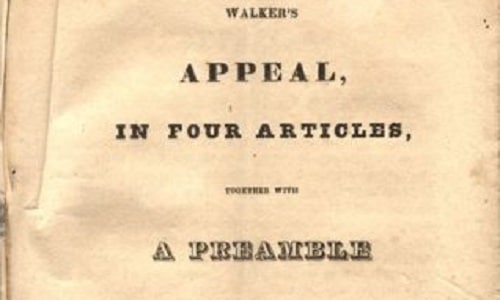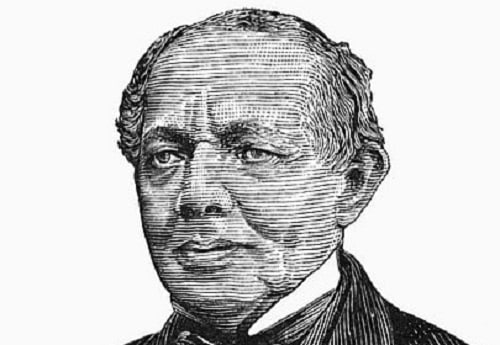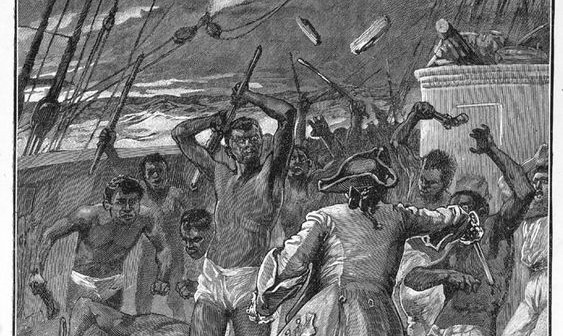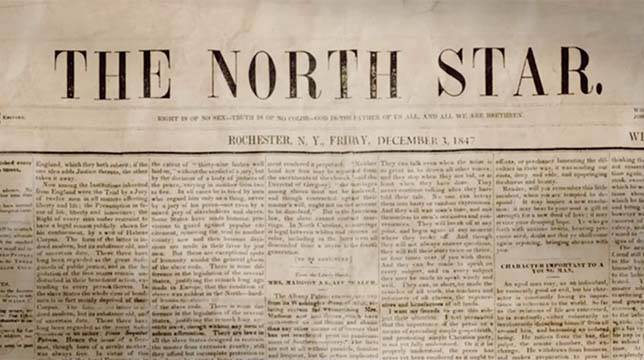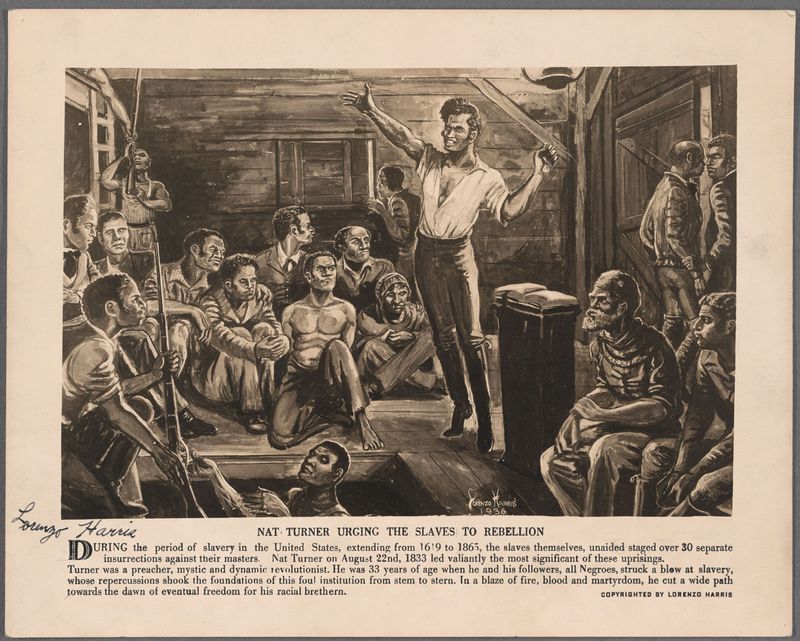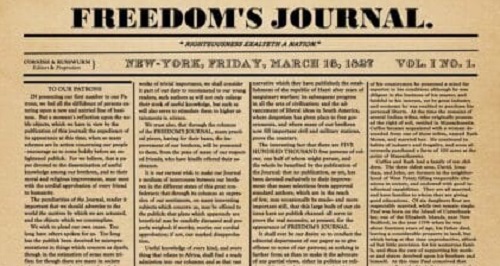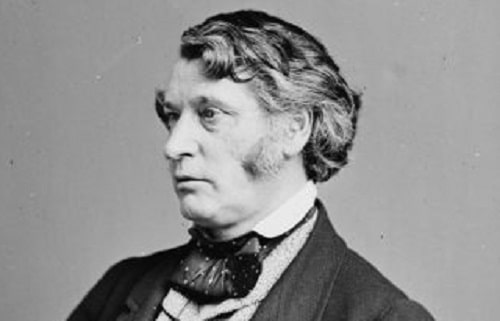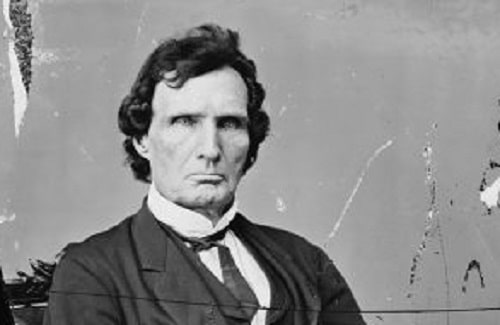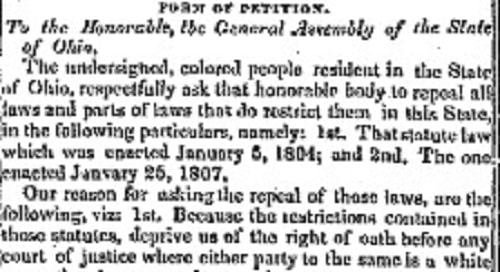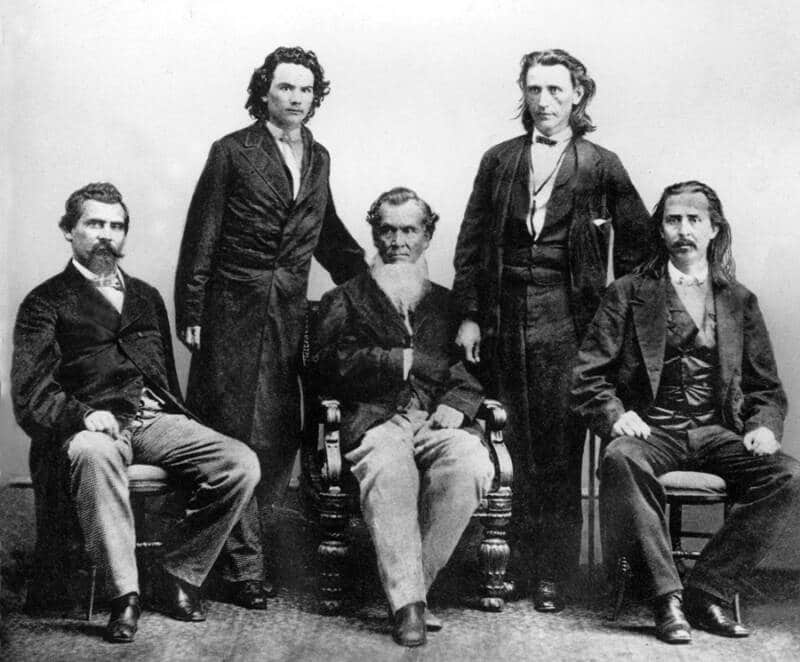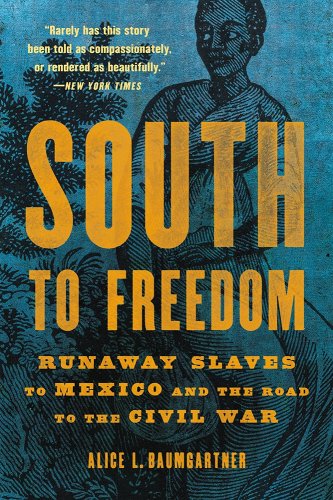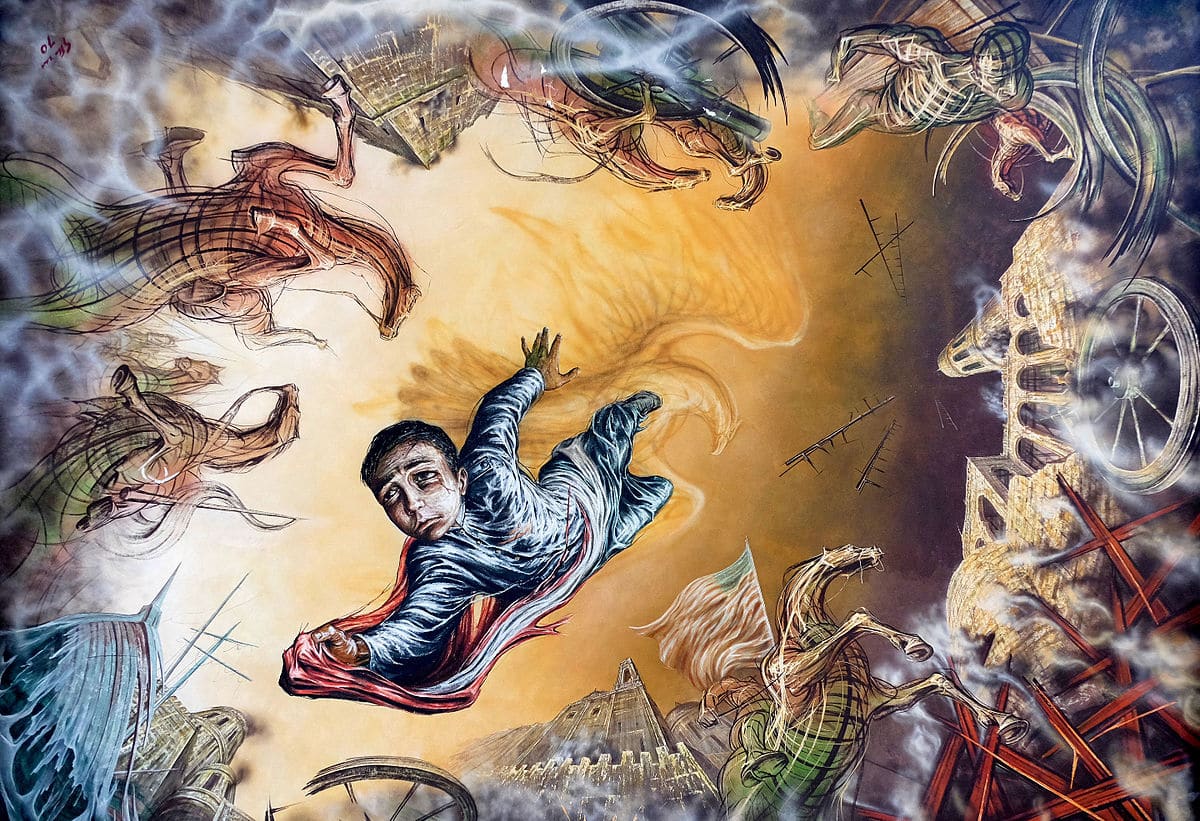David Walker published An Appeal to the Coloured Citizens of the World, one of the most important documents of the 19th century.
Continue reading
William Whipper published “An Address on Non-Resistance to Offensive Aggression.”
Continue reading
Madison Washington and eighteen other enslaved people rebelled onboard the Creole, a ship involved in the U.S. slave trade.
Continue reading
Frederick Douglass and Martin Delany launched the abolitionist North Star newspaper.
Continue reading
Nathaniel Turner launched one of the most historic revolts to end enslavement.
Continue reading
White mobs in Cincinnati, Ohio, rioted for a week, assaulting the city’s Black residents and destroying their property .
Continue reading
Freedom’s Journal was the first African American owned and operated newspaper in the United States.
Continue reading
Born on this day in Massachusetts, Charles Sumner was outspoken against slavery, for full recognition of Haiti, against the U.S.-Mexico War, for true reconstruction with land distribution, against school segregation, and much more.
Continue reading
Thaddeus Stevens gave a speech in the Pennsylvania House of Representatives in defense of the Free Schools Act of 1834, which moved the state House to vote against repeal and the Senate to take another vote in support of free public schools.
Continue reading
The first general convention of African American Ohioans met in Columbus and pledged to continue raising their voices in order to repeal the Black Codes.
Continue reading
The Slave Revolt of 1842 — when dozens of enslaved Black people in Webbers Falls, Oklahoma fought back and briefly escaped from their Cherokee overseers — was the largest rebellion of enslaved people in Indian Territory history.
Continue reading
Book — Non-fiction. By Gerald Horne. 2022. 632 pages.
A detailed history of counterrevolutionary forces in Texas state history.
Continue reading
Book — Non-fiction. By Alice L. Baumgartner. 2020. 384 pages.
The story of why Mexico abolished slavery and how its increasingly radical antislavery policies fueled the sectional crisis in the United States.
Continue reading
After becoming governor of Florida in 1821, Andrew Jackson attacked the native and Black maroon community at Angola.
Continue reading
This was the largest uprising of the enslaved against their British overseers in Guyana. The uprising was ended after a few days, though it served as a catalyst for the abolition of slavery in British colonies soon thereafter.
Continue reading
The Niños Héroes (translated as Boy Heroes or Heroic Cadets) were six military cadets killed in the Battle of Chapultepec, one of the last battles of the U.S. Mexico War.
Continue reading

